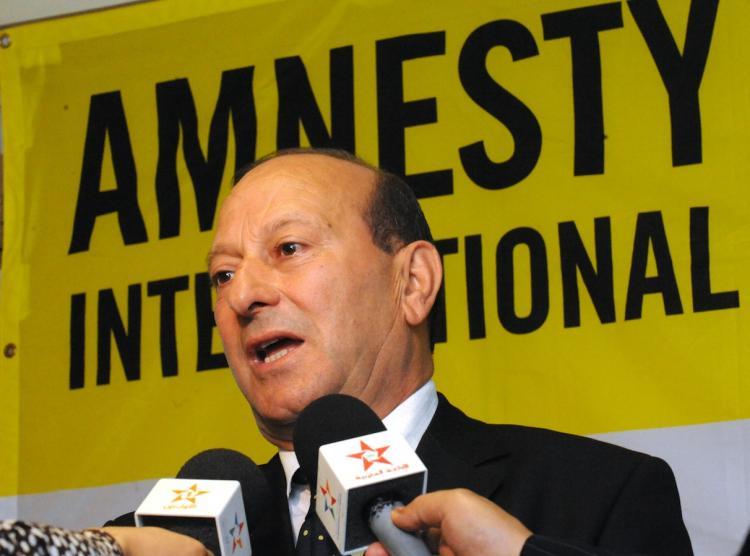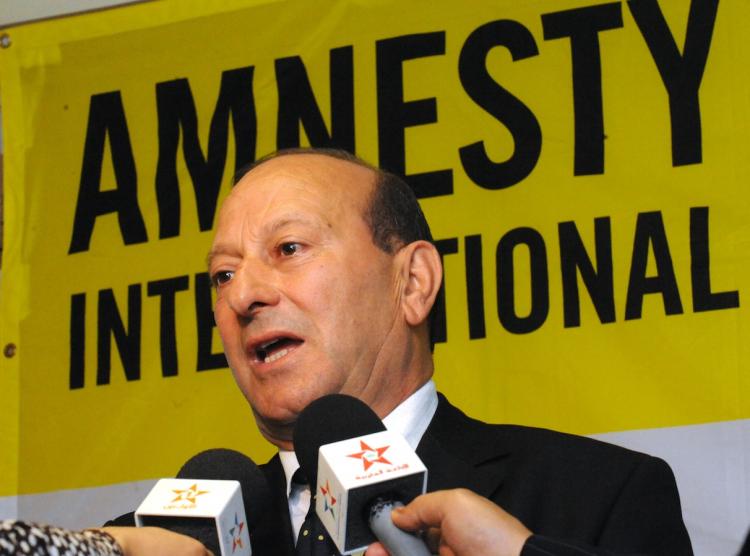Amnesty International (AI) published a report on Wednesday detailing continued human rights abuses in Libya, despite the country’s efforts to play a greater international role.
In the report, “Libya of tomorrow: What hope for human rights?” AI says that among the human rights violations, many are committed by security forces, particularly the Internal Security Agency (ISA).
In their press release, AI describes the ISA as apparently having “unchecked powers to arrest, detain, and interrogate individuals suspected of dissent or of terrorism-related activities.”
The report finds that migrants, refugees, and asylum seekers face arrest, indefinite detention, and abuse in Libya.
Libya has not signed the U.N. Convention on Refugees and beginning this month, officials told the U.N. high commissioner for Refugees (UNHCR) to leave the country, leaving this group vulnerable.
In Libya, according to the report, the death penalty can be imposed for peacefully exercising rights to freedom of expression and association. During Amnesty’s visit to the country in 2009, they found that 50 percent of the 506 prisoners on death row are foreigners.
“International partners cannot ignore Libya’s dire human rights record,” said Hassiba Hadj Sahraoui, deputy director at Amnesty International’s Middle East and North Africa program in a statement.
Libyan authorities refuse access to independent human rights experts from the UNHCR even while being a member, he said.
In the report, “Libya of tomorrow: What hope for human rights?” AI says that among the human rights violations, many are committed by security forces, particularly the Internal Security Agency (ISA).
In their press release, AI describes the ISA as apparently having “unchecked powers to arrest, detain, and interrogate individuals suspected of dissent or of terrorism-related activities.”
The report finds that migrants, refugees, and asylum seekers face arrest, indefinite detention, and abuse in Libya.
Libya has not signed the U.N. Convention on Refugees and beginning this month, officials told the U.N. high commissioner for Refugees (UNHCR) to leave the country, leaving this group vulnerable.
In Libya, according to the report, the death penalty can be imposed for peacefully exercising rights to freedom of expression and association. During Amnesty’s visit to the country in 2009, they found that 50 percent of the 506 prisoners on death row are foreigners.
“International partners cannot ignore Libya’s dire human rights record,” said Hassiba Hadj Sahraoui, deputy director at Amnesty International’s Middle East and North Africa program in a statement.
Libyan authorities refuse access to independent human rights experts from the UNHCR even while being a member, he said.




